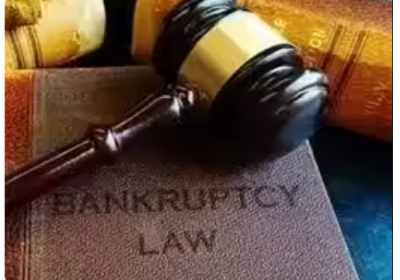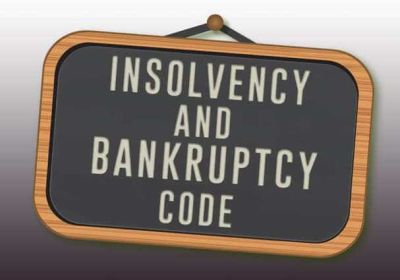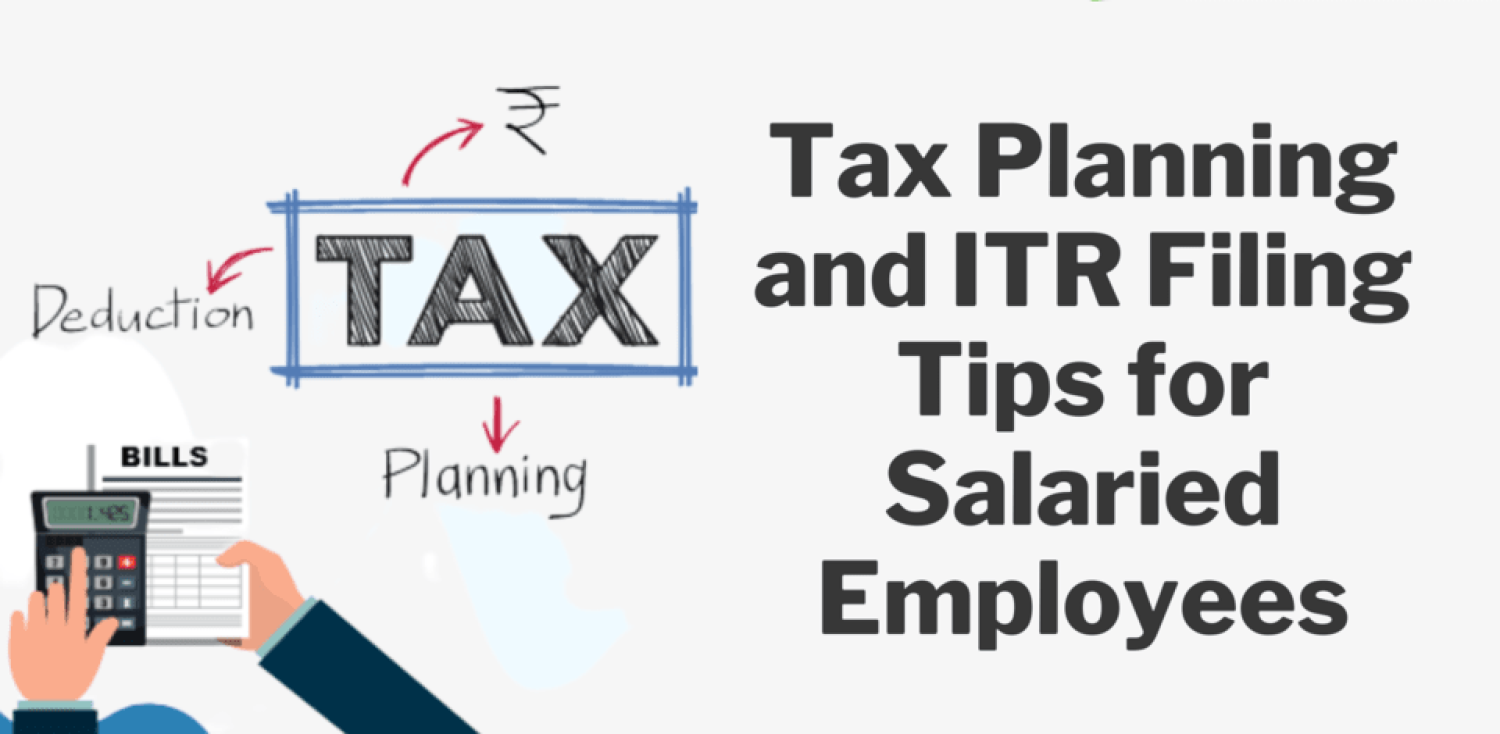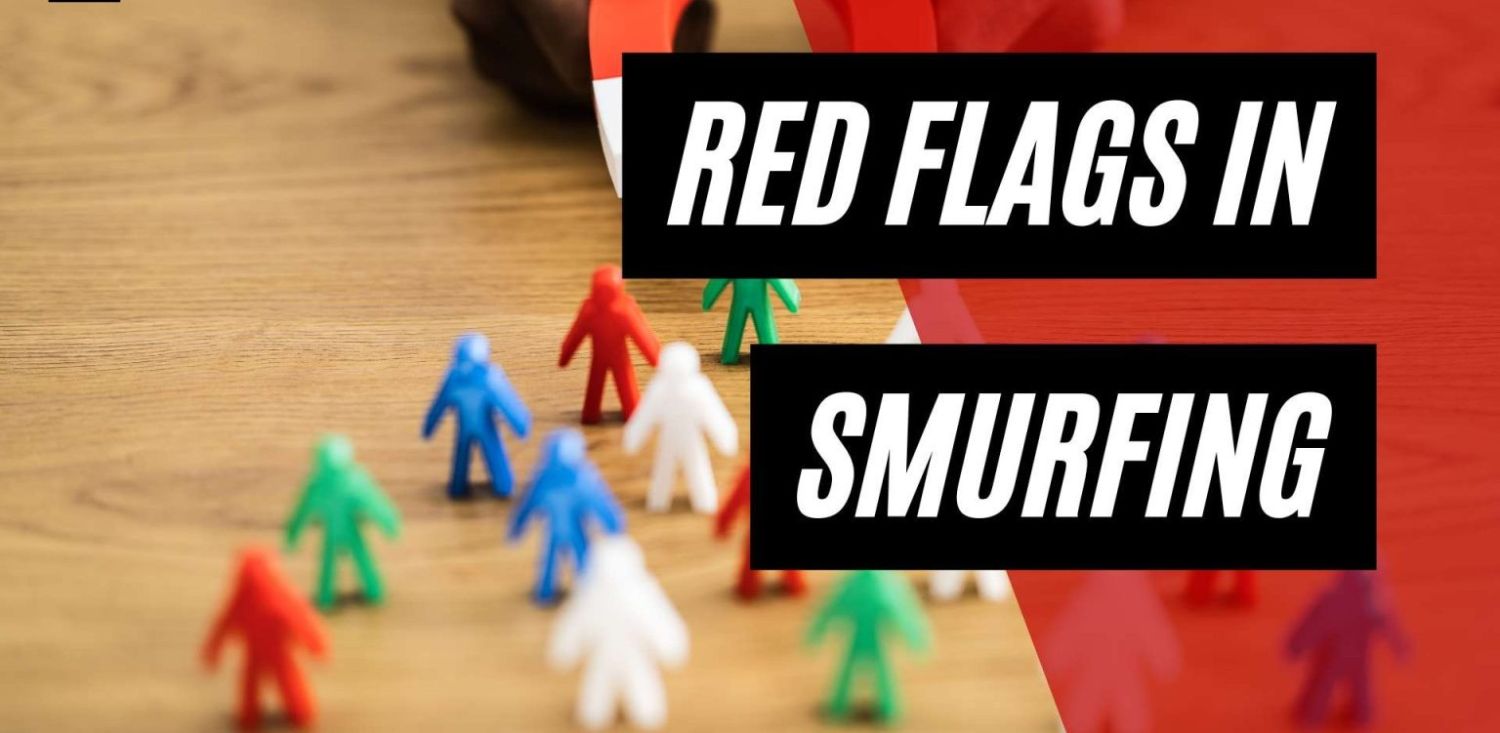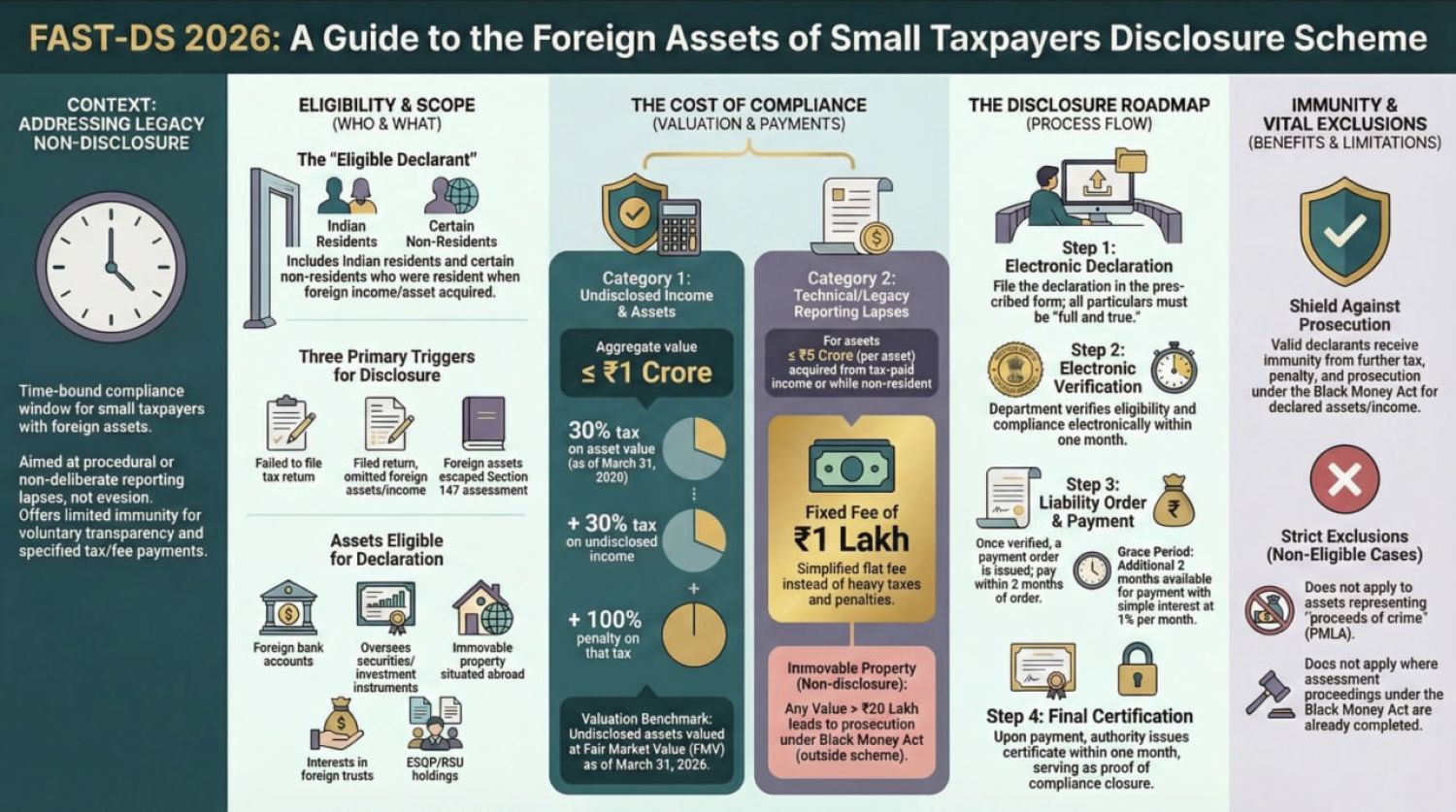Table of Contents
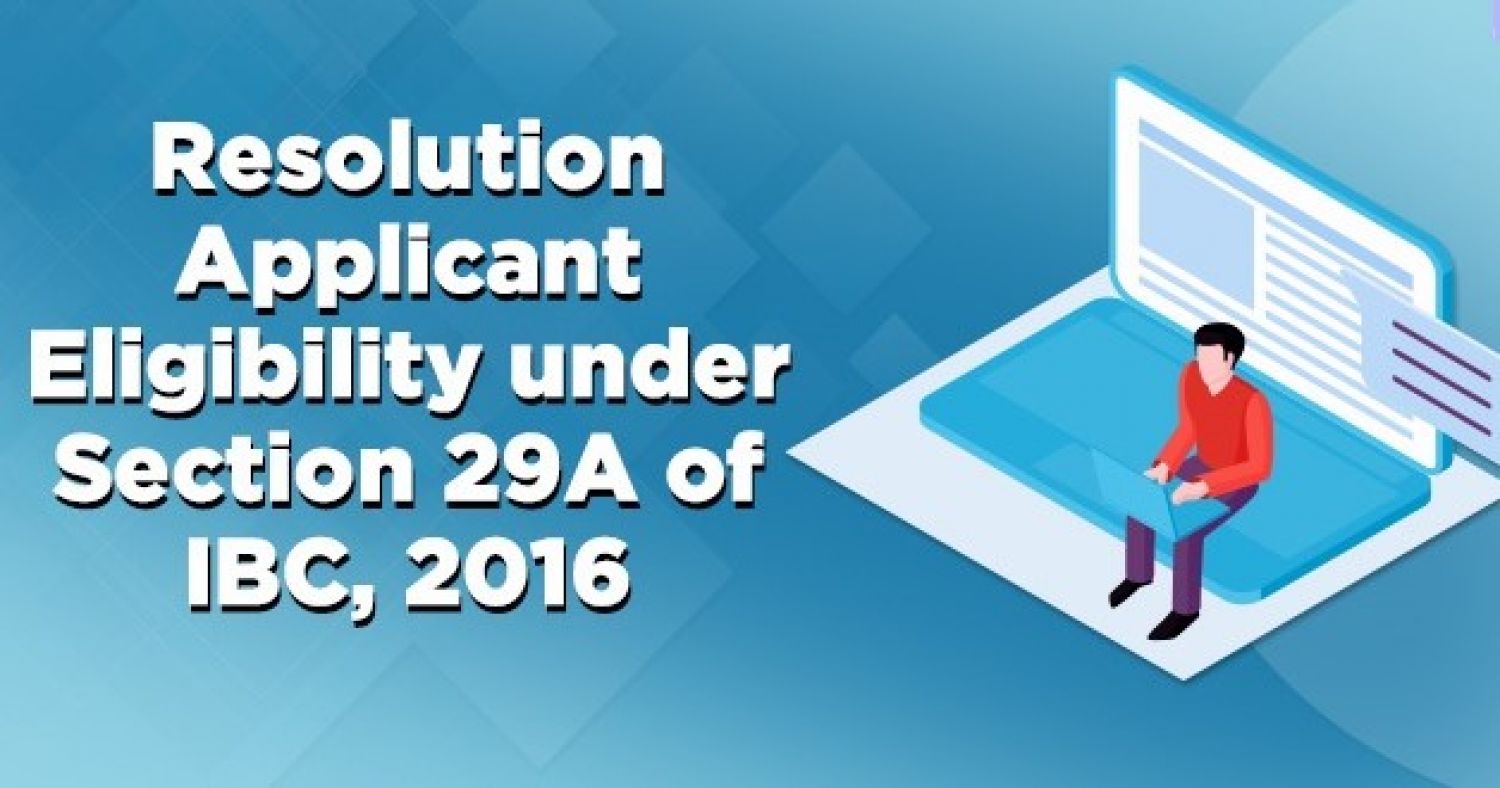
SECTION 29A CERTIFICATION SERVICES UNDER IBC
In the Corporate Insolvency Resolution Process (CIRP), Section 29A of the Insolvency and Bankruptcy Code, 2016 (“the Code”) has emerged as a fundamental statute in assessing Resolution Applicants' eligibility. The Code did not include any protections to prevent defaulting promoters from purchasing back the corporate debtor, which may occur at deep discounts, in its original version.
Section 29A was added to the Code as a result of the modification, having retroactive effect from November 23, 2017. Section 29A was amended in a second amendment to the Code, which took effect on June 6, 2018. The Resolution Professional is required by Regulation 36A(8) of the CIRP Regulations to perform due diligence on prospective Resolution Applicants in accordance with Section 29A.
The Honourable Supreme Court of India's most recent judgment, issued October 4, 2018, clarifies and reaffirms the significance of completing rigorous due diligence under Section 29A. “Great care must be taken to assure that that in-charge of the corporate debtor, for whom such resolution plan is created, do not return in some other shape to recover control of the firm without first paying off its debts,” the Honourable Supreme Court of India stated. The Supreme Court decision also states that the Resolution Professional must affirm that a resolution plan does not, among other things, violate Section 29A.
- A Resolution Professional to supervise the process, analyze and ensure that a resolution plan complies with Section 29A of the Code, and submit a due diligence report.
- COC to approve or disapprove a resolution plan.
- If the Adjudicating Authority is satisfied that the resolution plan approved by the Committee of Creditors complies with the Code's provisions, it may approve the resolution plan by order.
MAIN FACTORS TO AN EFFECTIVE SECTION 29A DUE DILIGENCE
• Section 29A due diligence is the obligation of the Resolution Professional. It will not be sufficient for a prospective Resolution Applicant to submit an affidavit declaring that he or she is entitled to submit a resolution plan under Section 29A. To identify ineligibility, if any, adequate due diligence on prospective Resolution Applicants and their related people must be undertaken properly and within the required schedule.
• If necessary, the Resolution Professional should ask prospective Resolution Applicants for explanations or additional details or documents in order to complete due diligence. When approving or disapproving a resolution plan, the CoC should consider the due diligence report submitted by the Resolution Professional.
• The aforementioned due diligence process comprises doing an exhaustive public record study and research in India and around the world using advanced research methodologies and accessing several worldwide proprietary databases in English and the native language relevant to defaults and violations. In addition, effective Section 29A due diligence requires independent engagement and communication among numerous parties during the due diligence process.
Deep skillsets are required to execute due diligence successfully and efficiently:
• To undertake due diligence on Resolution Applicants and their Connected Persons, the Resolution Professional will need to use the necessary skill sets and knowledge.
• The due diligence exercise could involve hundreds or thousands of people, including businesses or individuals, distributed across numerous geographies and countries.
• Care must be taken to ensure that due diligence is done within the specified time frame. The Resolution Professional may choose to hire a different independent advisor to help with due diligence depending on the intricacy of the exercise.
IBC Section 29A – Who is ineligible?
DISQUALIFICATION OF RESOLUTION APPLICANT: A person shall be disqualified for being a resolution applicant -
- Any person who is an undischarged insolvent.
- The person is a wilful defaulter in accordance with the guidelines of the RBI.
- The person is having an account, or an account of a corporate debtor under his management or control or of whom such person is a promoter provided a period of at least 1 year has not elapsed from the date of such classification.
- The person has been convicted for any offense, with punishment involving imprisonment of 2 years and above.
- Such a person has been disqualified to act as a director under the Companies Act, 2013.
- The person has been debarred from accessing the capital market, by SEBI.
- Such a person has been a promoter or in the management or control of a corporate debtor, undertaking the preferential transaction, undervalued transaction, extortionate credit transaction, or fraudulent transaction, due to which insolvency order has been made by the Adjudicating Authority under this Code.
- Such a person has executed an enforceable guarantee in favor of a creditor in respect of a corporate debtor against which an application for insolvency resolution made by such creditor has been admitted under this Code.
Identification of connected persons:
Each Resolution Applicant must provide an affidavit that contains a list of related individuals. When undertaking due diligence, it is possible to come across businesses and individuals who were not recognized by the Resolution Applicants as related people. In such instances, it's critical to quickly determine whether such entities may be considered related individuals and, as a result, whether they should be included or excluded from the due diligence process.
Detecting red flags and reporting
• Conduct effective public domain research in English and native language across countries, including media, regulatory, litigation, bankruptcy, credit default, and other relevant checks, subject to the scope of material available in the public domain.
• Look for any red flags related to Section 29A, review them, and report them. Determine if such red flags may result in a Resolution Applicant's ineligibility under Section 29A.
• The Resolution Professional will be required to deliver a complete due diligence report to the CoC based on the procedures completed.
Conclusion
It's important to note that section 29A establishes a multi-layered and extensive threshold of disqualification that will keep bona fide resolution applicants out. The application of the clause might potentially disqualify key stakeholders from bidding on the company's revival. As a result, the courts exercise a certain amount of leniency in deciding the issue of disqualifications, which is critical in order to achieve the Code's goals.
You may also know more about 29A certificate & Other Popular blog:-
- Overviews of Principles of Avoidable Preferential Transactions IBC-2016
- How does the Role of Resolution Professional help under IBC
- quick overview of IBC
- 29A Cerificate under the IBC law
- Related party under section 29a of ibc Code
- Section 29A of IBC act
- IP Hand book on Best Practices during CIRP Process under IBC Code
Our Experience:
RJA has extensive experience performing due diligence on businesses and persons in India and around the world. RJA offers a dedicated staff to provide unique due diligence services, as well as hands-on experience with the Insolvency and Bankruptcy resolution process and an understanding of the Section 29A requirements.
• We use our multi-industry and cross-border experience to undertake incisive public record diligence and deliver integrated solutions under Section 29A of the Insolvency and Bankruptcy Code, 2016.
• cross-jurisdictional litigation, regulatory, media, bankruptcy, and credit default checks
• Access to global proprietary databases capable of unearthing multilingual articles from throughout the world.
Independence:
• Independent, with no conflicts of interest in terms of auditing.
The RJA Advantage
• One of the most reputable due diligence firms.
• In India, I managed and oversaw a Section 29A compliance review.
• Significant experience working on a variety of due diligence activities.

